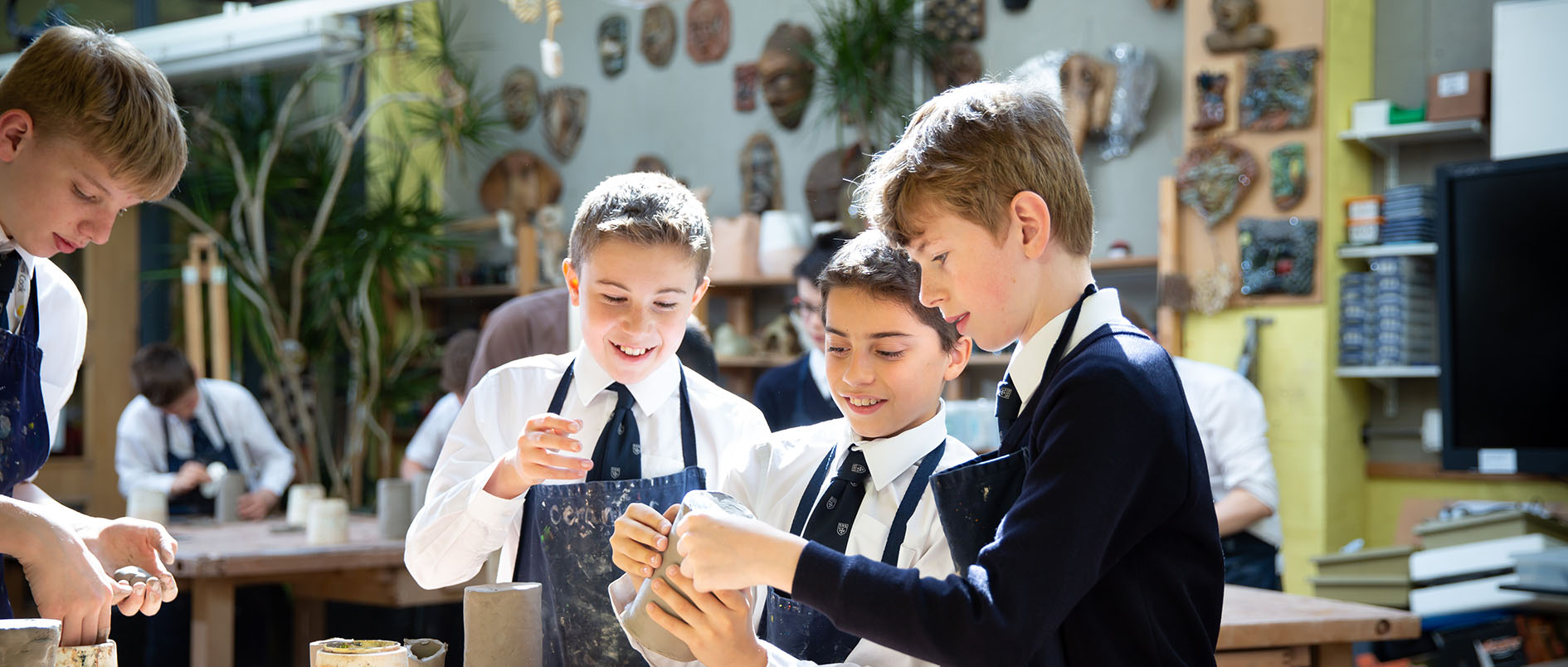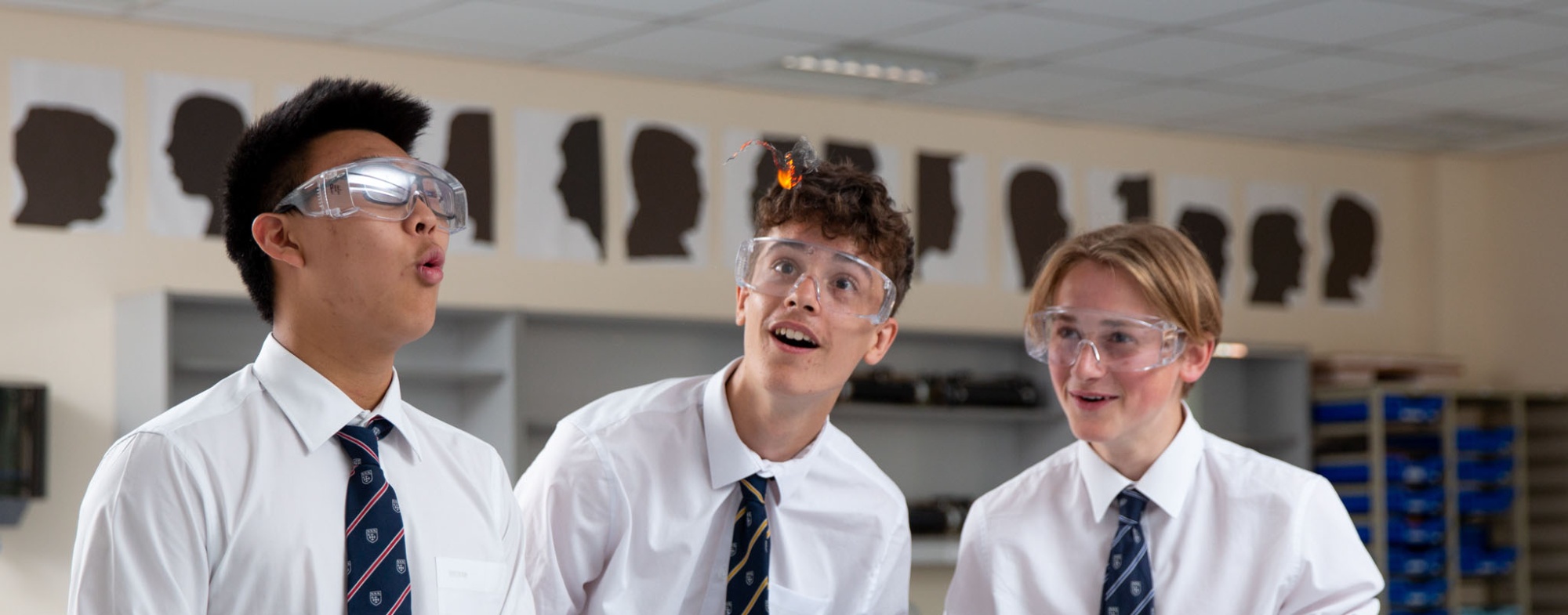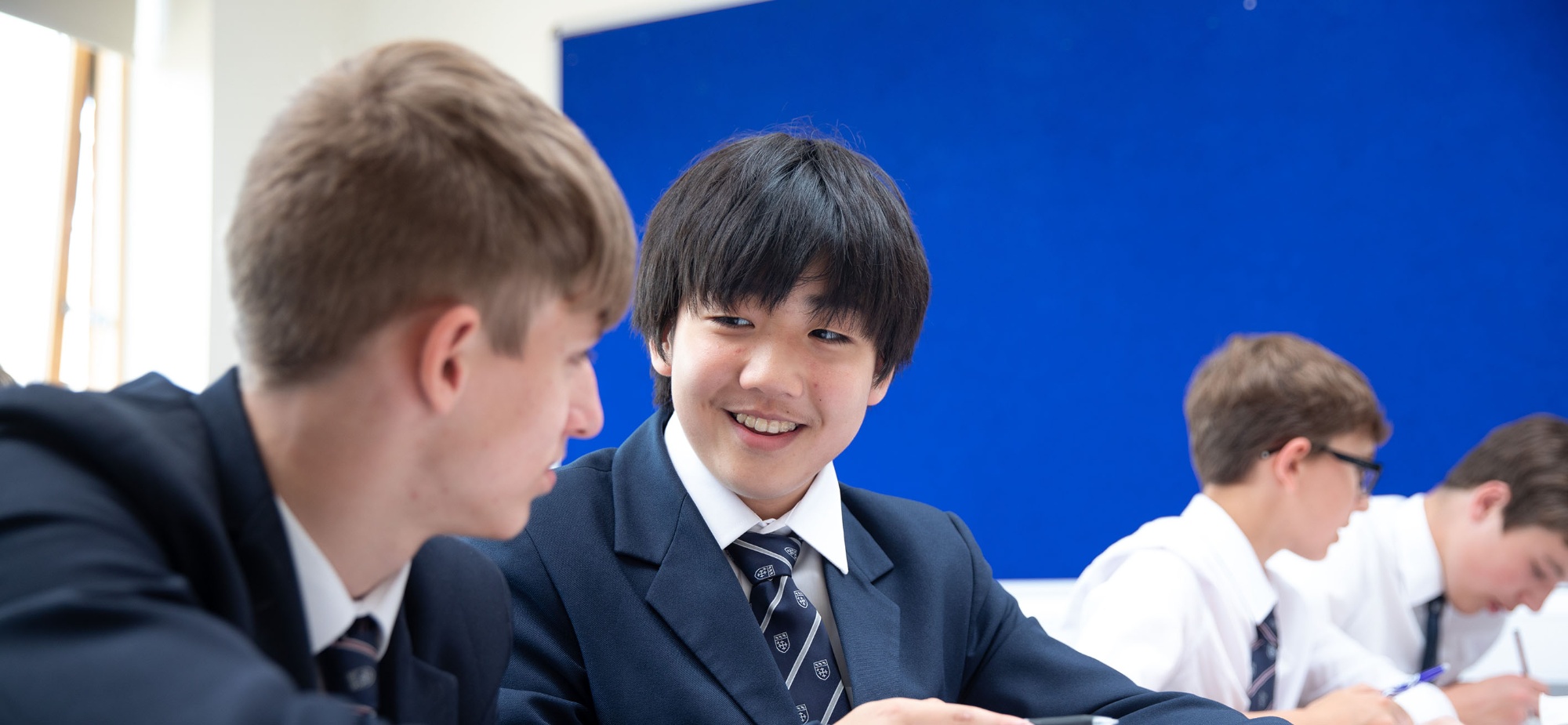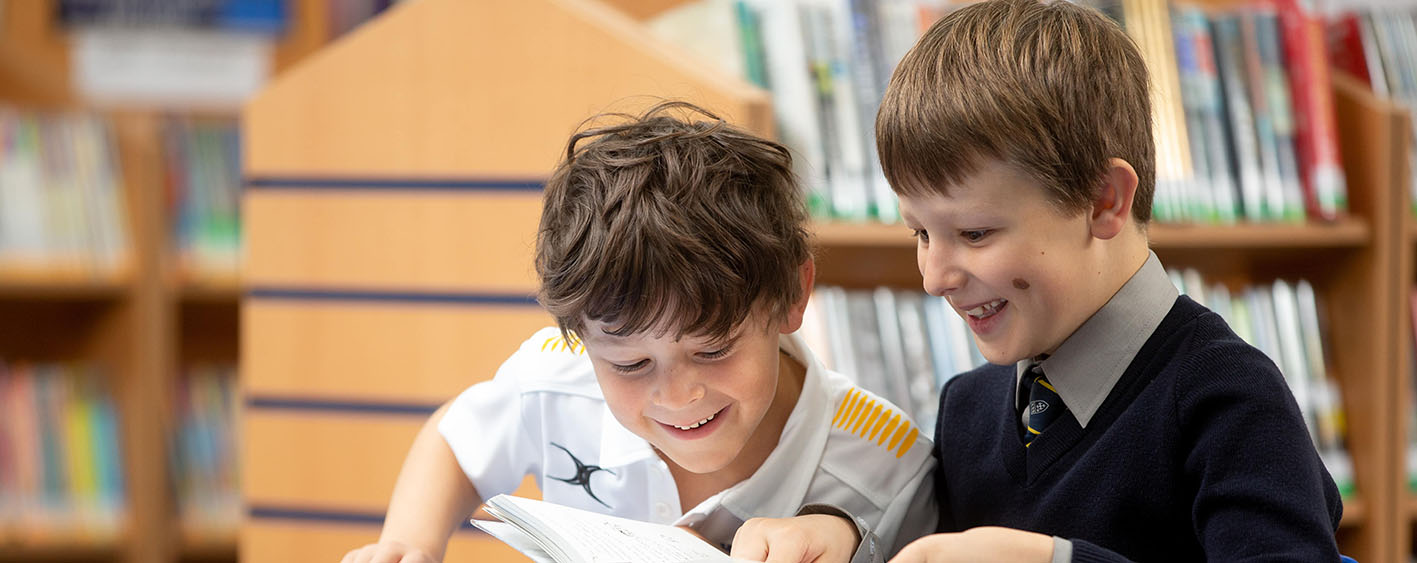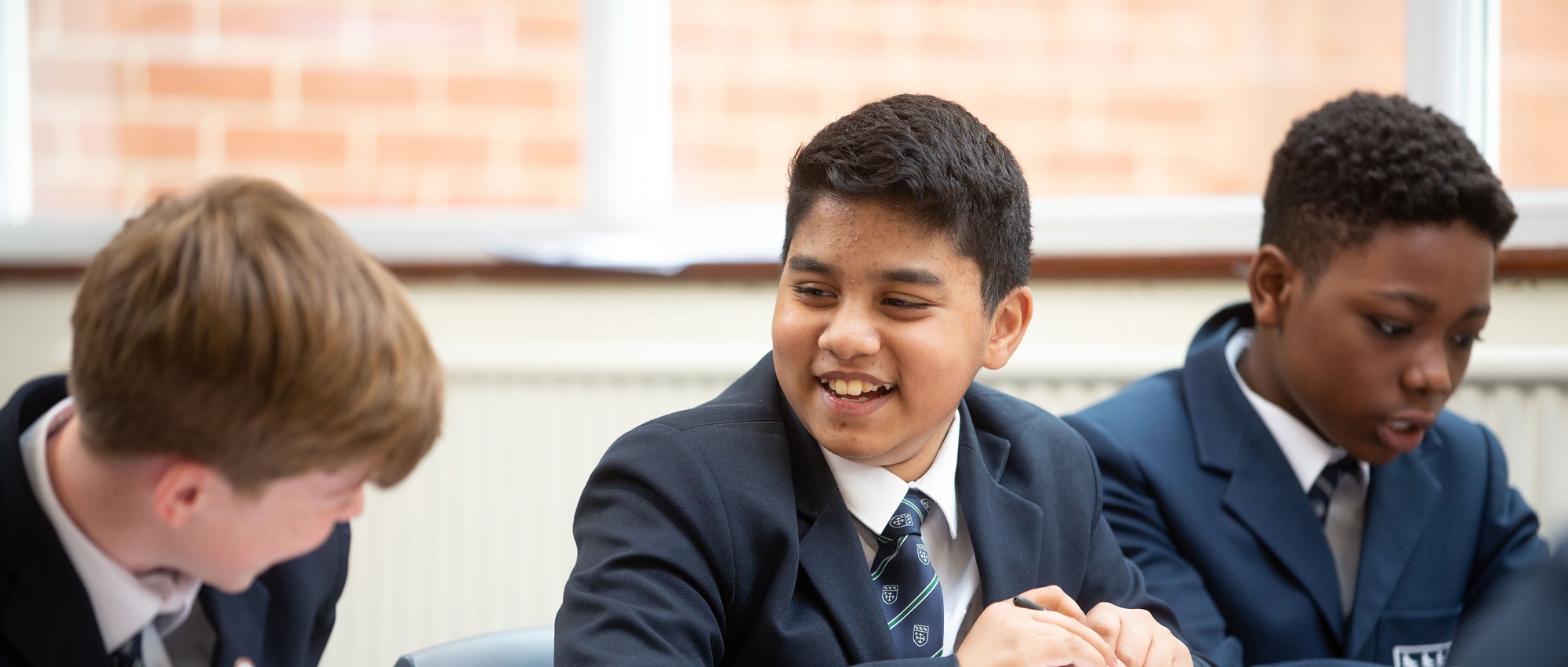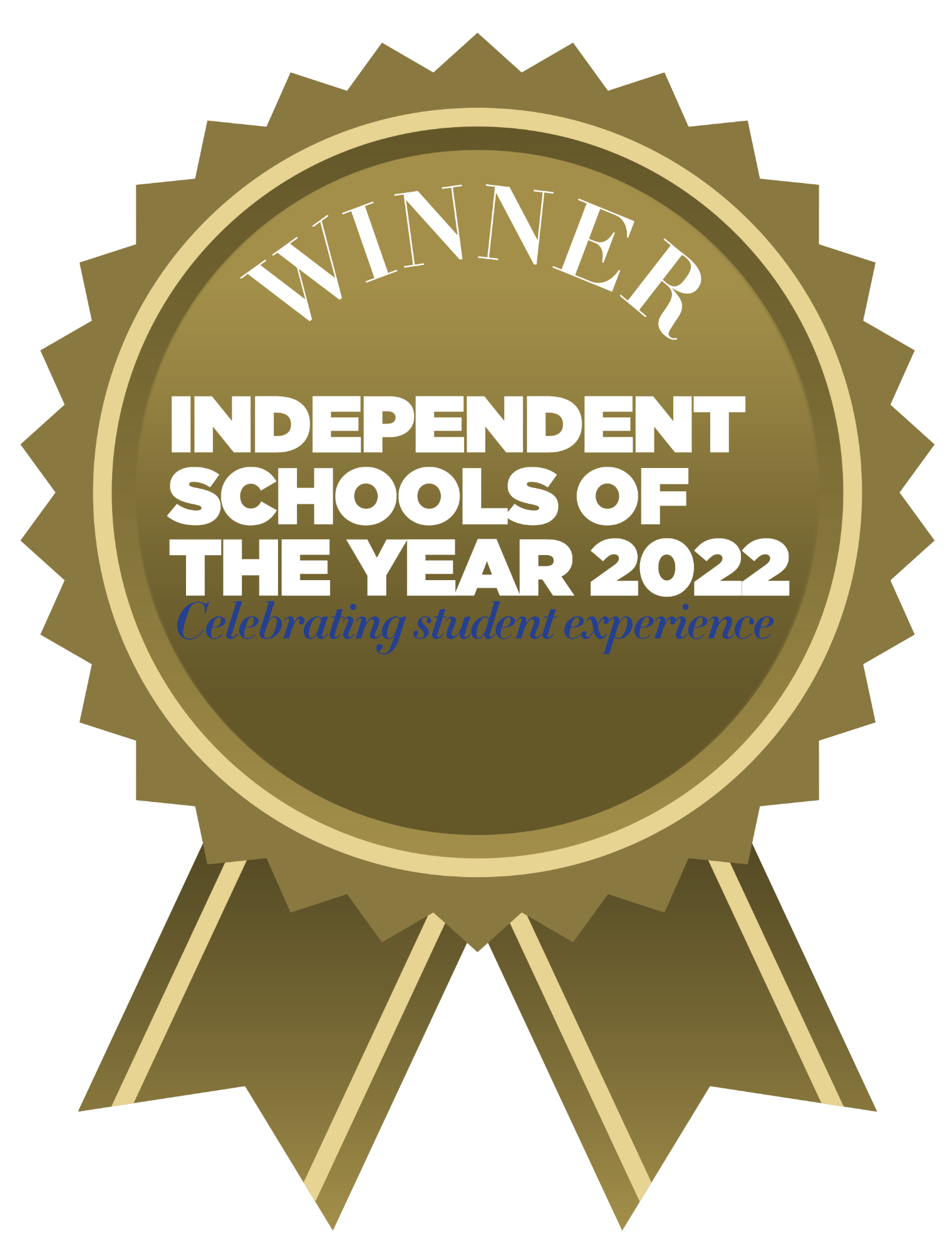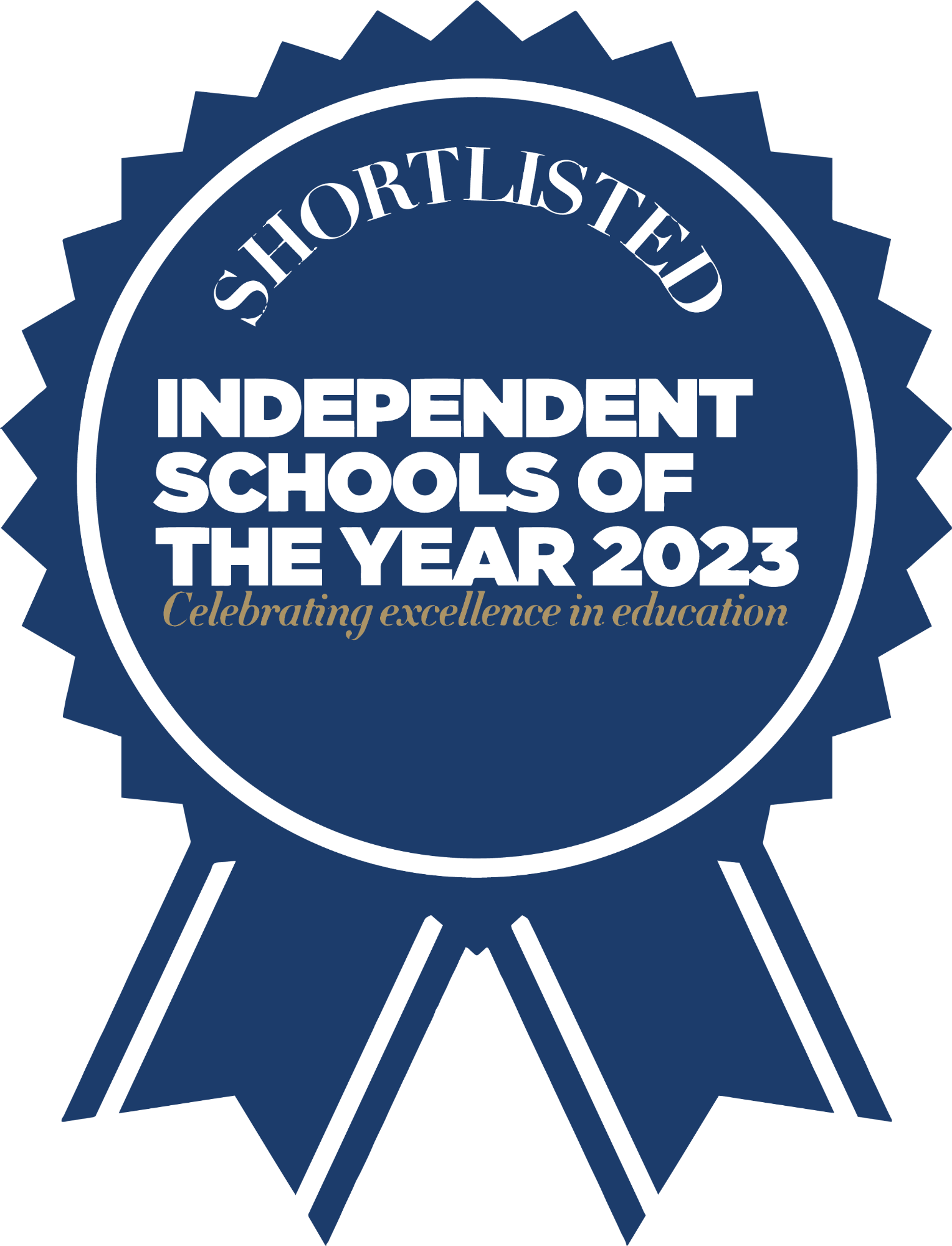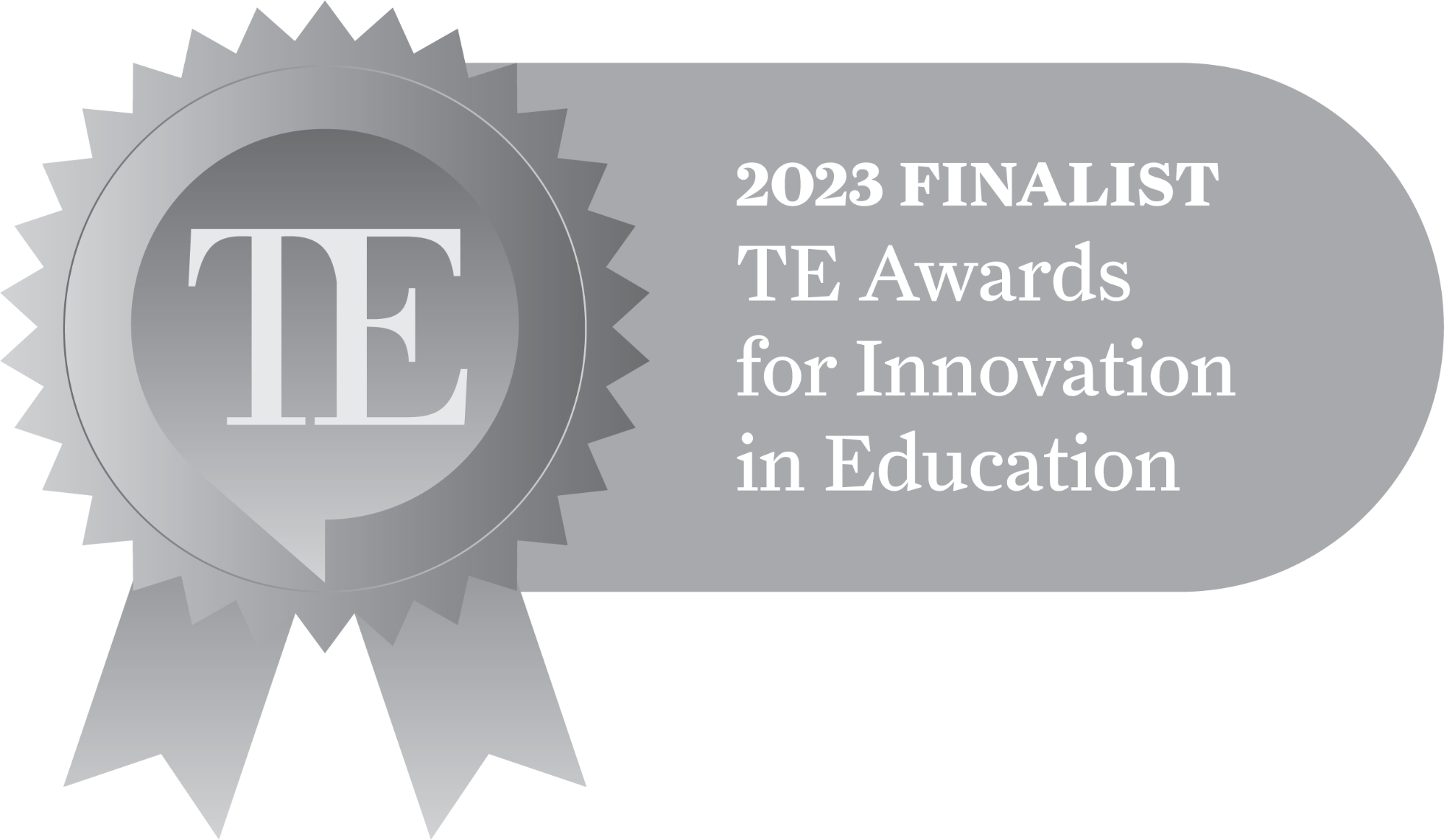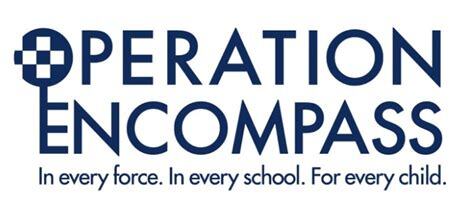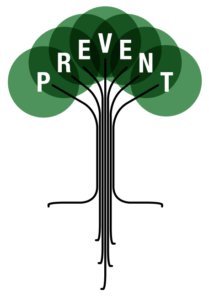Spotlight on..... Politics

At the beginning of term, I presented a school assembly on Fred Mulley, an Old Warwickian, and a leading Labour politician of the 1970s.
I told the boys that I thought he was the sort of person whom it would be good for them to emulate because he always pushed himself further to be the best he could – probably because of that early Twentieth century labouring background in Whitnash.
Indeed, Fred has certainly provided something of an inspiration for what we are trying to do here in terms of academic enrichment.
Exam results are really important, of course, but so is learning for the pleasure of learning.
In 1988, I read Matthew Arnold’s wonderful essay Culture and Anarchy which he wrote in 1869 and which made an abiding impression on me. Matthew’s father, Thomas Arnold, had been the fearsomely idealistic Headmaster of Rugby School who gave the public school world both prefects and muscular Christianity.
Indeed, Thomas had little luck with ideas.
According to his waspish biographer Lytton Strachey when he took over the headship of Rugby he asked himself the same question which so many educationalists are still asking 160 years later.
“Was he to improve the character of his pupils by gradually spreading around them an atmosphere of cultivation and intelligence? By bringing them into close and friendly contact with civilised men, and even, perhaps, with civilised women? By introducing into the life of his school all that he could of the humane, enlightened, and progressive elements in the life of the community?”
His answer was forthright
“On the whole, he thought not”.
His son Matthew perhaps unsurprisingly reacted against such sternness and in “Culture and Anarchy” provided a radically different interpretation of what education should aspire to.
According to Matthew:
The whole scope of this essay is to recommend culture as the great help of our present difficulties: culture being a pursuit of our total perfection by means of getting to know, on all the matters which most concern us, the best which has been said and thought in the world; and through this knowledge, turning a stream of fresh and free thought upon our stock notions and ideas”.
It is through doing this that a culture based on “sweetness and light” is created.
In other words, the joy of learning is its own reward.
Understanding Assessment Objectives 1. 2 and 3 is vital but not to the extent of making pupils paranoid automata.
Instead, there must also be at the heart of education a playful sense of enquiry which provides its own pleasure.
This then is the aim. How to achieve it?
Already most Lower Sixth Formers take an extended project when they investigate anything that fascinates them. They can be wonderful. Perhaps my favourite was completed by a 4A* scientist some years ago:
It was on the reasons for the Zulu massacre of British forces at Isandlwana in 1879.
Learning for the pleasure of it not for any greater goal than that.
In year nine, too, boys are encouraged to write their own research project: last year their theme was “First” and the work produced was quite superb.
And back in September, after school on Friday, about 40 pupils stayed behind in the Science Lecture Theatre to hear the famous Muslim writer Ed Husain talk about whether there really is a clash of civilisations between Islam and the West. This was the inaugural presentation in our new Encounters programme. The talk was wonderful and so were the hour of questions and debate.
A week later 50 pupils stayed until 5.30PM on Friday evening to hear Professor Richard Barker from Christ Church, Oxford discuss sustainable development. And then Sir Stephen Lovegrove, an Old Warwickian, who now heads UK National Security delivered a wonderful presentation and Q&A on UK defence challenges which was live-streamed to the whole school. After each Encounters there is then a dinner with the speaker and some of the Sixth Form in the Portcullis Room: the conversations have been wonderful. Better I am sure than many Oxbridge high table.
Looking forward to future Encounters:
In November another OW, Martin Richards, will talk about being a chief constable and in December Bridgett Kendall will be providing an Encounter with a life in BBC journalism and now a Cambridge academic.
Further presentations in the New Year include Terry Waite talking about being five years a hostage in Beirut, the Falklands burn survivor, Simon Weston and the brilliant physicist Peter Varnish OW who will provide us with an insight into being “Q” for British governments as far back as Mrs Thatcher’s.
The enthusiasm with which boys and girls of all ages have come to these Encounters has really pleased me.
Some parents have also joined us, too, and I hope that many more will come in the future.
Indeed, I have told the students that if they make a habit of coming to these events their minds will have been stretched in such a way as to make them a deeper and more fascinating person.
A product certainly of Matthew Arnold’s view of education, if not his father’s
In addition to this, all members of the school receive the Floreat booklet. This comes out twice a year and is full of essay competitions they can enter as well as books and films that my colleagues think that others might enjoy.
And then, too, there is the Mulley Mastery brochure. Initially aimed at the Lower Sixth it includes advice from every department on how they can take their studies in their subject as far as they can.
If they carry out the suggestions as well as attending after school Encounters they will be eligible for the Mulley tie signalling their all-round academic excellence. We hope that the first boys will have sufficient points to be awarded this in December.
Having taught at Warwick since 1995, I believe that as a community we are unrivalled in the easy academic conversations which boys and teachers have – especially in the Sixth Form - and this provides exactly the right environment for the flourishing of the sort of intellectual enquiry which builds lasting friendships and makes us truly free-thinking independent human beings – the want of whom is felt more deeply than ever before . . .
Indeed, so many of my current favourite academic interests – President John Adams, the novels of JB Priestley, the lost colony of Roanoke Island and the Anglo-Saxon poem Beowulf all derive not from syllabuses that I had to teach but from conversations with my colleagues and Sixth Formers.
And there are podcasts, too. Every week I broadcast with Mr O’Brien a political / historical podcast: the Heaton Podcast. Boys and former pupils often join us. Eben Shadbolt OW has spoken incomparably well on the Russian Civil War, while Olly and I have also grappled with that perennial question of whether Andrew Jackson was the maddest president in American history.
Do follow the discussion on: The Heaton Podcast
And finally, two quotations from very wise people about learning which are at the root of what we are trying to do in order to create a culture of sweetness and light:
The first from the Dominican friar, Father Timothy Ratcliffe:
“A love of truth is the foundation of all learning – learning is not for any practical purpose – it is so that we can engage with “the truth”, rather than, somehow, improve our economic potential, either as individuals or as a nation. “We need the truth to live, as fish need water and birds need the air”. To honour “truth” for its own sake should be a badge of honour – it serves no other [utilitarian] purpose. Unfortunately, today, though, we do not pursue the truth; rather we pursue materialism and ownership to the detriment of society making our world into “a global shopping mall”.
And finally my old tutor at university, Maurice Keen in his lyrical preface to England in the Later Middle Ages written back in 1973.
“There is a special debt that I have tried to record in the dedication of this book, to the late EF Jacobs. I at least have never met a scholar who has been more generous in sharing with others his insights, based on a profound knowledge and understanding. How much he showed me or suggested, I shall never be able to record because so much was given so unobtrusively, in the course, almost entirely of casual conversation. The most pleasurable were talks near the banks of rivers where he was as full of wisdom on the ways of fish as on the ways of the past and always had much to say about both”.
Written by Mr John Jefferies, Senior Tutor and Head of Politics

